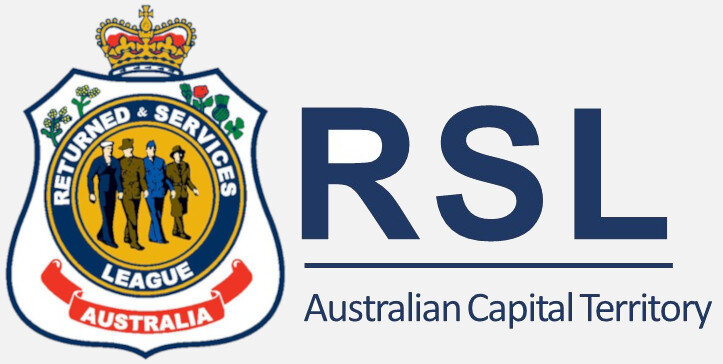How to change career in your fifties
Considering a career change at 50? 5 tips to make it happen.
Age is just a number, but when it comes to starting a new career it might feel like a hurdle. The RSL Veterans’ Employment Program knows the concerns that come with changing your career when you’re over 50-years-of-age, and we’re here to help.
You’ve worked hard to build your career and skills. It’s only natural you may be apprehensive to start again. But starting a new career doesn’t need to be a daunting life change. It opens doors to new challenges, inspiration, passion, and maybe even a return to a once-upon-a-time dream from your younger days.
With a little bit of planning and preparation, there’s no reason you can’t close one door and open another.
Here’s how.
Choosing a new path
You’ve finished up with the ADF and you’re wondering where to turn to put your skills to good use. There are so many options, it’s hard to know where to start or how to decide. Maybe you want to revisit an old dream, or there might be a new passion you want to explore.
If you take money out of the equation, what would you want to be doing with your days? Jot down some points on what you need to make you happy and what types of tasks you enjoy doing. Then start your search on roles that will fulfil this.
Tip: If you can, build a financial buffer before taking the plunge into a new career. This takes the pressure off if you need to take a pay-cut or a bit of time off between jobs.
Assess your skills
Whether your existing skills are a precise match for your new career or not, the skills you have developed over your life so far can be applied.
Identifying your hard skills and soft skills - which you can read more about here - is a good place to start. Make a list of what your strengths and weaknesses are, what skills you’ve developed, and how they can apply to a new career. By taking time to do this exercise, you’ll also identify areas in which you may need to upskill.
The RSL Veterans’ Employment Program can help you pull these together in a cover letter and CV to ensure you’re putting your best foot forward.
Leverage your network
It’s not always what you know, but who you know. Throughout your life, it’s likely you’ve met and built connections with people across many industries. Colleagues, friends, other veterans who have gone through the process you are now undertaking. Reach out and reconnect. You never know what doors might open for you.
Make your age work to your advantage
As they say, when you're handed lemons, make lemonade! Firstly, it’s important to note that you don’t legally need to disclose your age on a job application. However, your age can really be a positive asset in some instances.
Put your best foot forward and hang your hat on your life experience, your years developing and honing your skills, and your loyalty in your previous career.
Tip: You may be able to use this as an opportunity to rebrand your professional image. Find out more about the importance of building your personal brand here.
Reach out to the professionals
It’s one thing to tick your own boxes, but another to have an outside consultant help you identify and market your strengths. This is where a professional service - like the RSL Veterans’ Employment Program - can help you tailor a plan to suit you.
In this instance, our career experts will look at your military experience, workshop your CV, help write job applications, enrol in training programs and connect you with employers. All that’s left for you to do is dream the Big Dream and work towards it.
Contact RSL Veterans’ Employment Program for expert guidance on how to take the first steps towards a new career – at any age.
Want to see more content like this? Check out all our veterans’ employment articles here.


